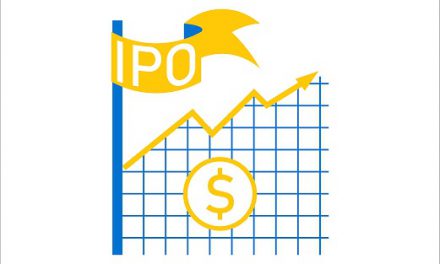
China’s Great Property Bust: Global Economic Implications
Recent numbers are staggering and an indication of how important real estate has been to the economic growth of China in recent years. It should then come as no surprise that China is trying to deflate its property bubble with a minimum of economic damage. It won’t be easy considering that the impact of real estate-related activities on China’s GDP (almost 30%) is substantially higher than the U.S. (about 17%) or the U.K. (about 20%).
To view the full article please register below:
China’s Great Property Bust: Global Economic Implications
China has approximately 65 million empty homes—equal to about the number of households in France and the U.K., combined. As of the second quarter of 2021, Chinese property developers owe about $5 trillion, which equates to one-third of China’s GDP. And, some 70% of the Chinese population has money invested in residential property, accounting for 40% of all assets owned by Chinese households.1
These numbers are staggering and an indication of how important real estate has been to the economic growth of China in recent years. It should then come as no surprise that China is trying to deflate its property bubble with a minimum of economic damage. It won’t be easy considering that the impact of real estate-related activities on China’s GDP (almost 30%) is substantially higher than the U.S. (about 17%) or the U.K. (about 20%).
One analysis suggested that a 20% fall in real estate activity could lead to a 5-10% decline in GDP.2
Digesting years of high and unproductive investment, and the debt that accompanied it, will be no small challenge for China’s leaders. Capital losses may affect their banking system, while falling property values will hurt consumers, depressing economic activity for potentially years to come.
Slower growth in China has financial and economic implications for the rest of the world. Some of the ripples from a decelerating Chinese economy may include:
- Depressed demand for energy, commodities and iron ore, leading to sharp price declines—arguably a good thing for global consumers, but problematic for companies and countries that sell such products to China
- Western bondholders may likely suffer large losses since China may not extend to foreign investors the financial support it’s likely to extend to domestic investors
- Lower imports resulting from shrinking demand from a financially wounded consumer may adversely affect companies and countries that have significant sales in China; that may include German cars, French luxury products and South Korean electronics
In the end, the global economy is unlikely to escape a meaningful slowdown experienced by the world’s second largest economy.
Much will depend on how effectively China’s leaders can manage the effects of the bursting of the property bubble. It has the tools and resources to protect its banking system from the sort of outcome Westerners associate with the 2008 credit crisis. At least, that’s what most experts believe.
This is not the only challenge China faces. Additional economic headwinds include its zero-COVID policy, its crackdown on private sector businesses and a looming inflation threat. Longer term, the rapid aging of its population may prove to be its biggest economic challenge of all.
Sources:
- https://www.reuters.com/world/china/chinas-indebted-property-market-evergrande-crisis-2021-10-22/
- https://www.ft.com/content/1abd9d4b-8d94-4797-bdd7-bee0f960746a
Please reference disclosures: https://blog-dev.americanportfolios.com/disclosures/












